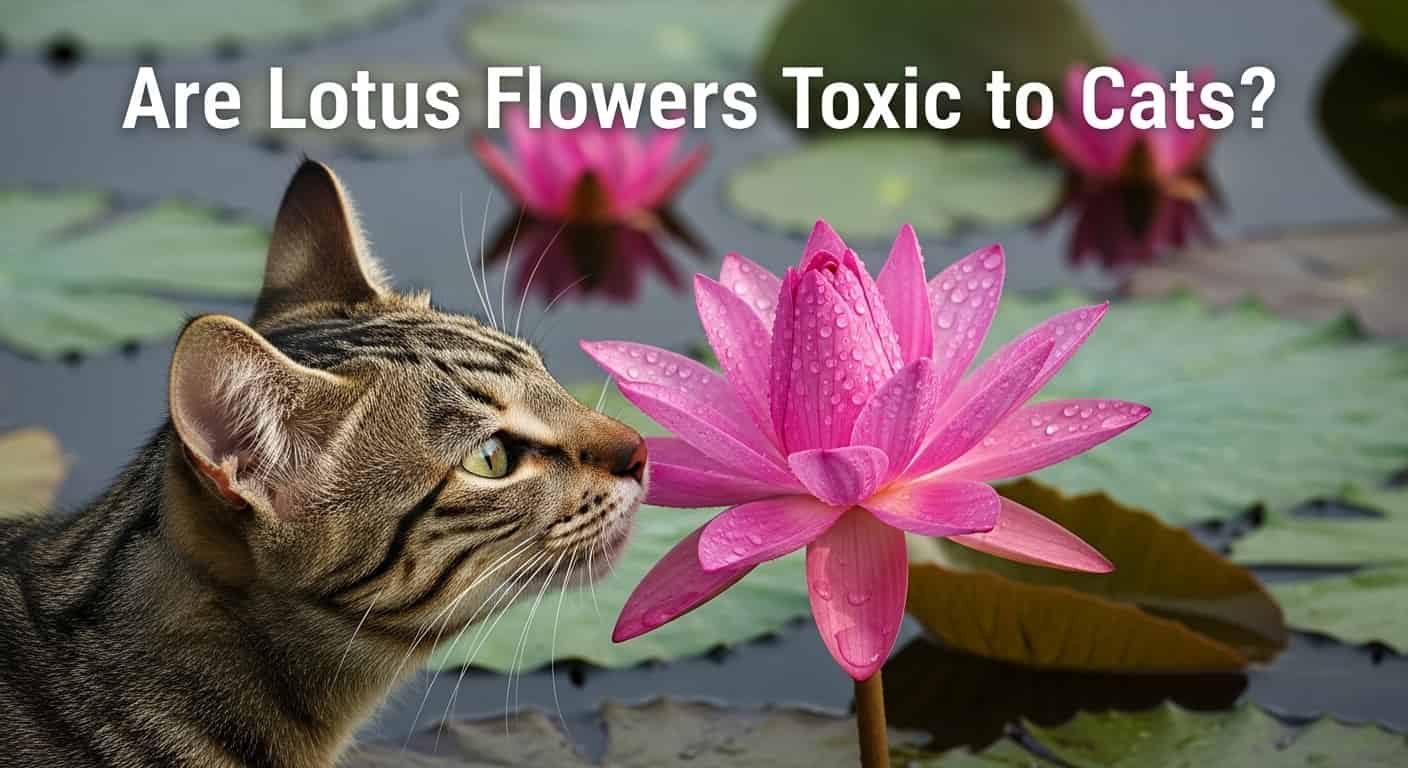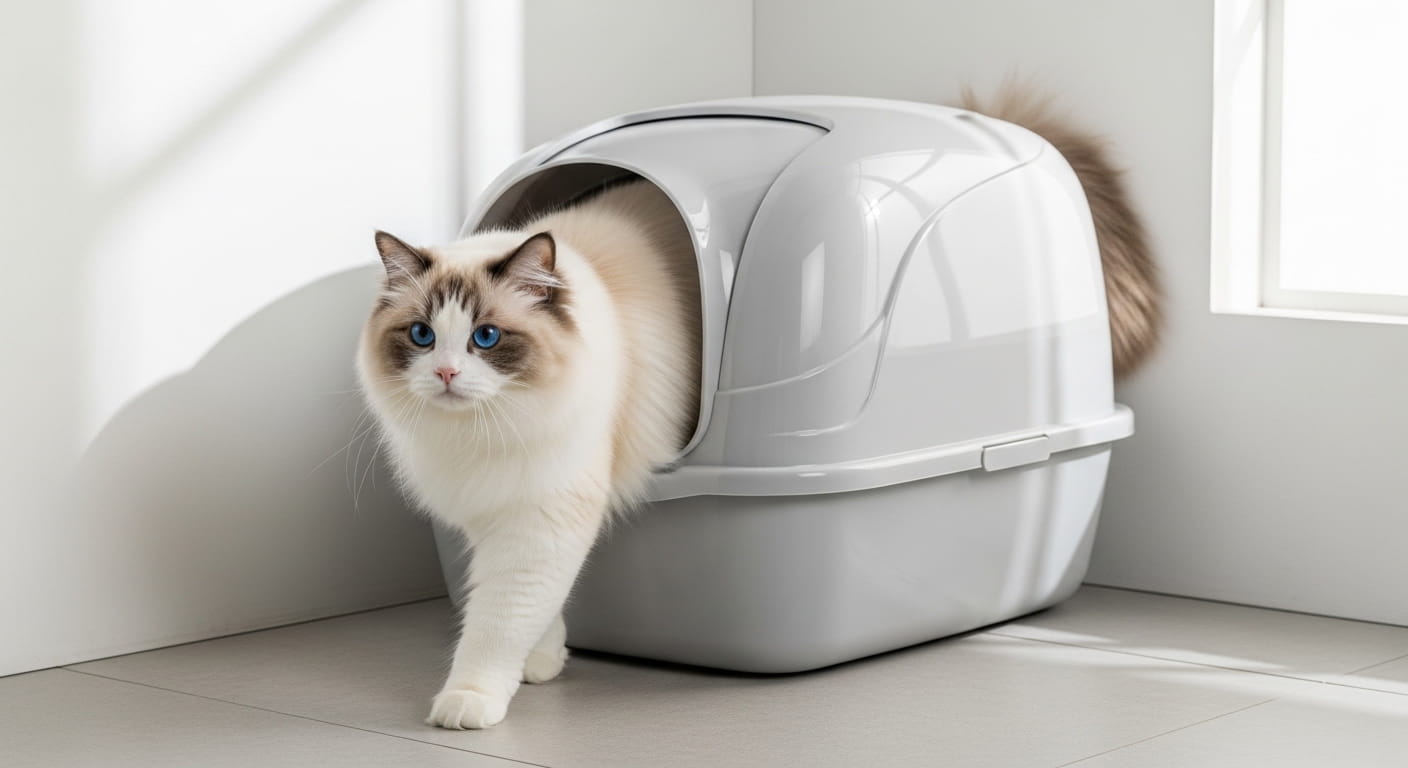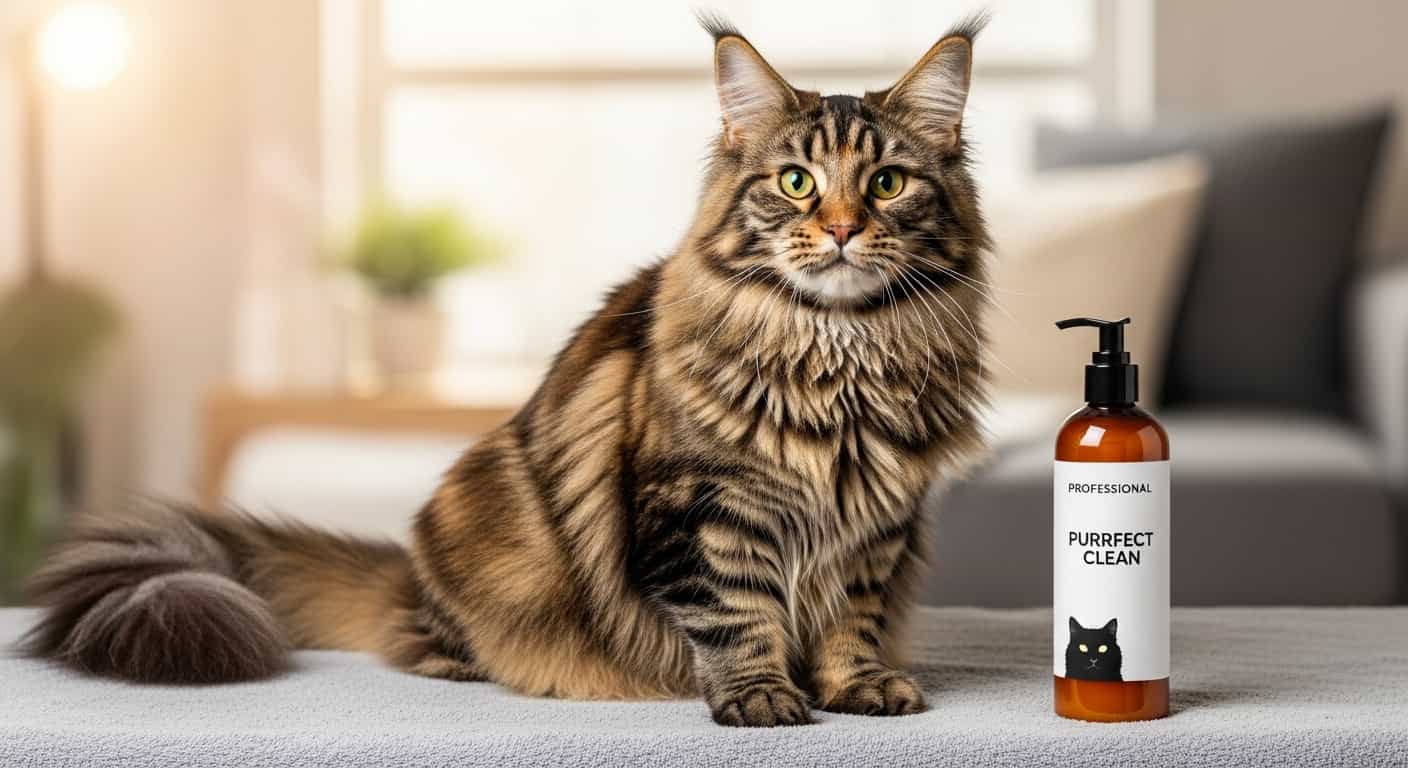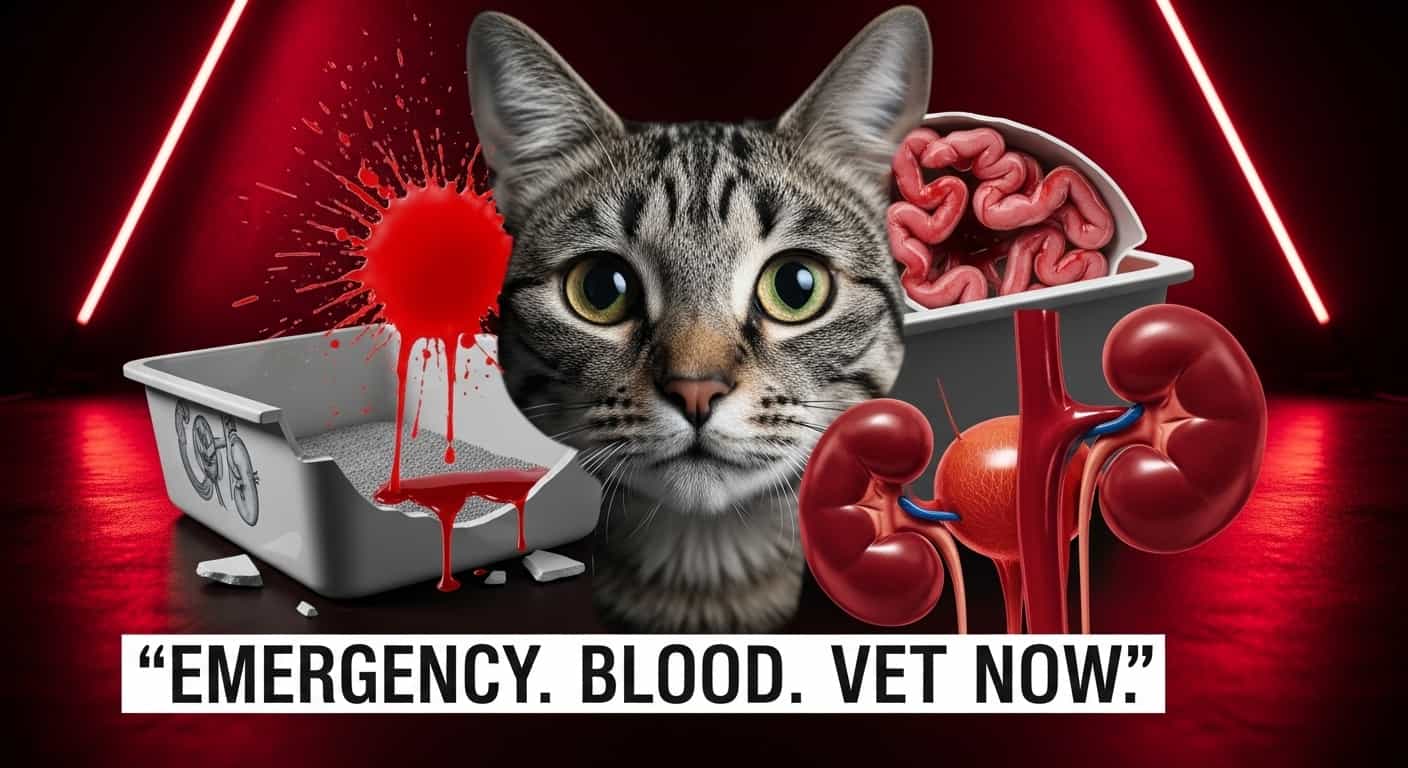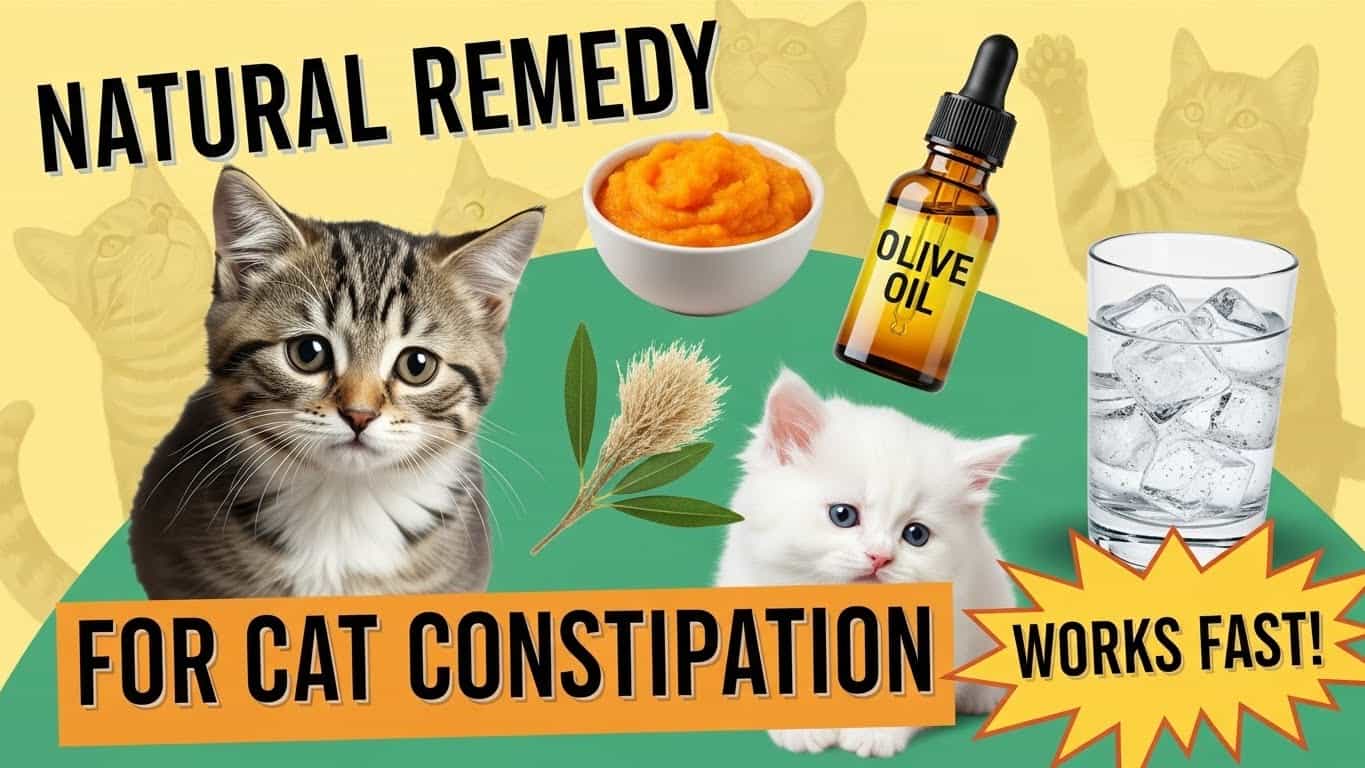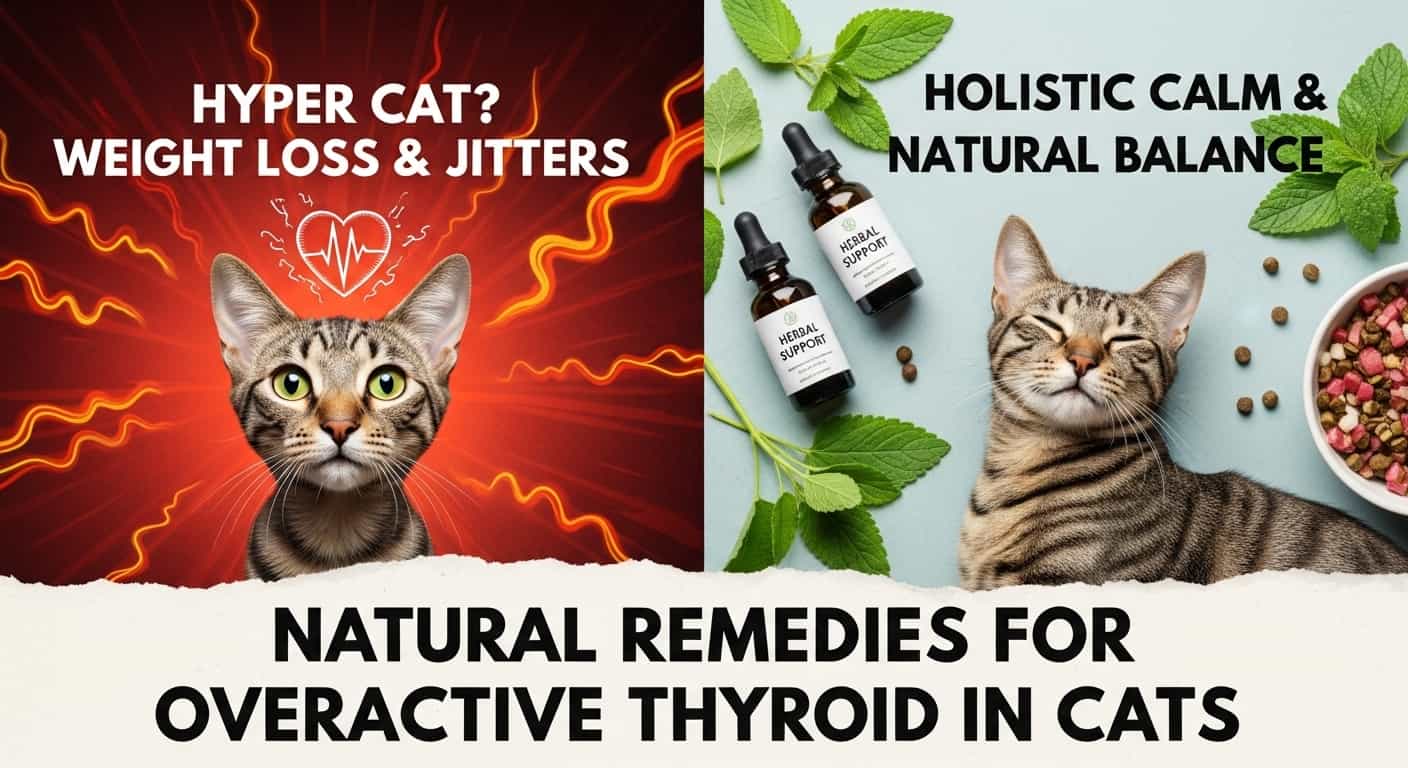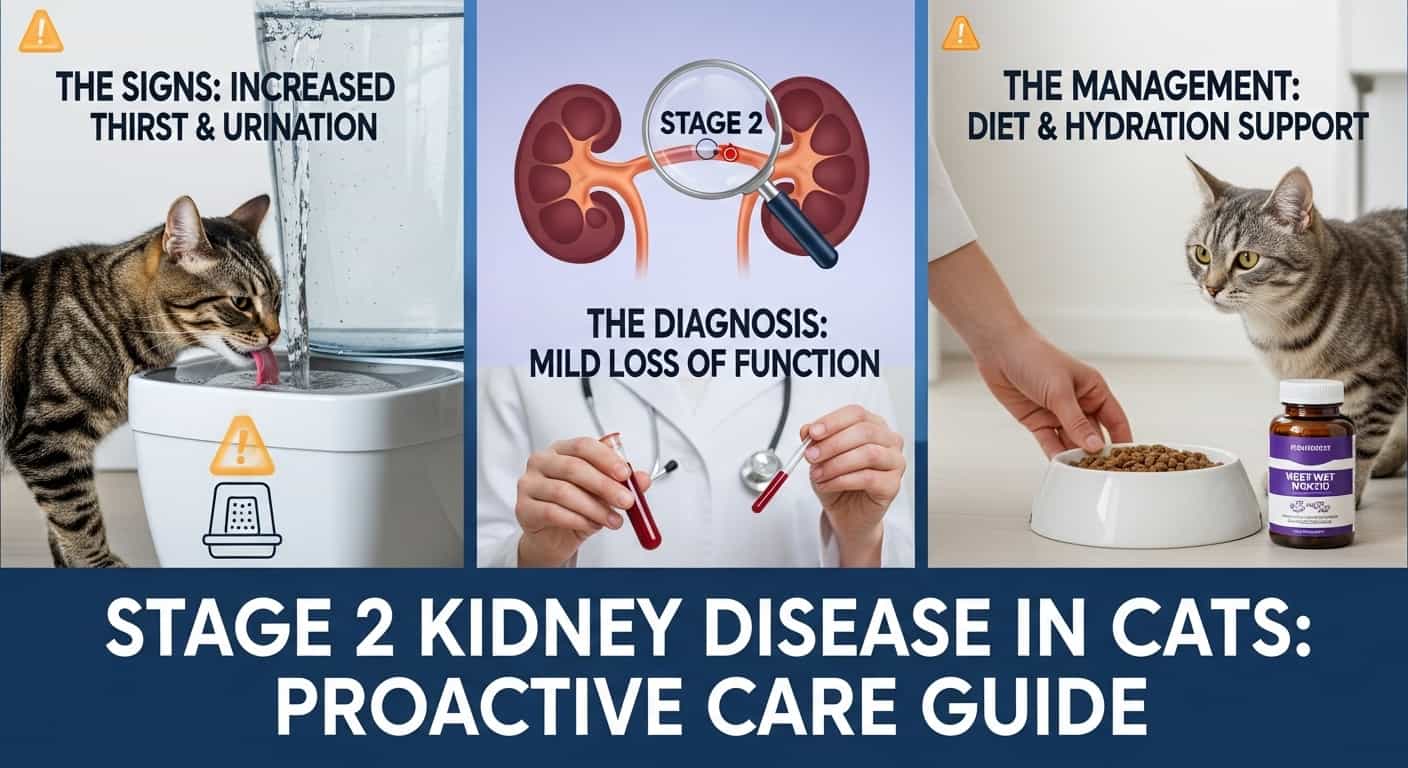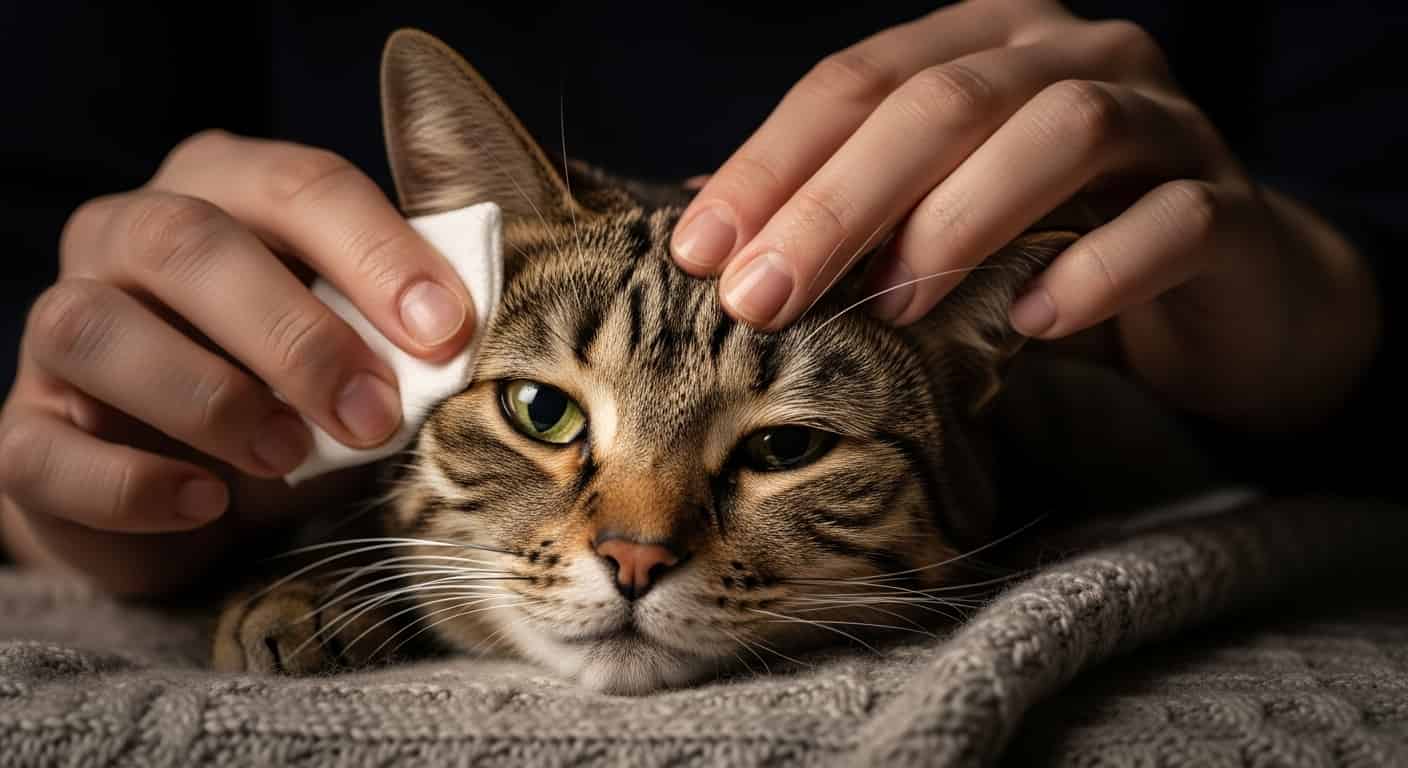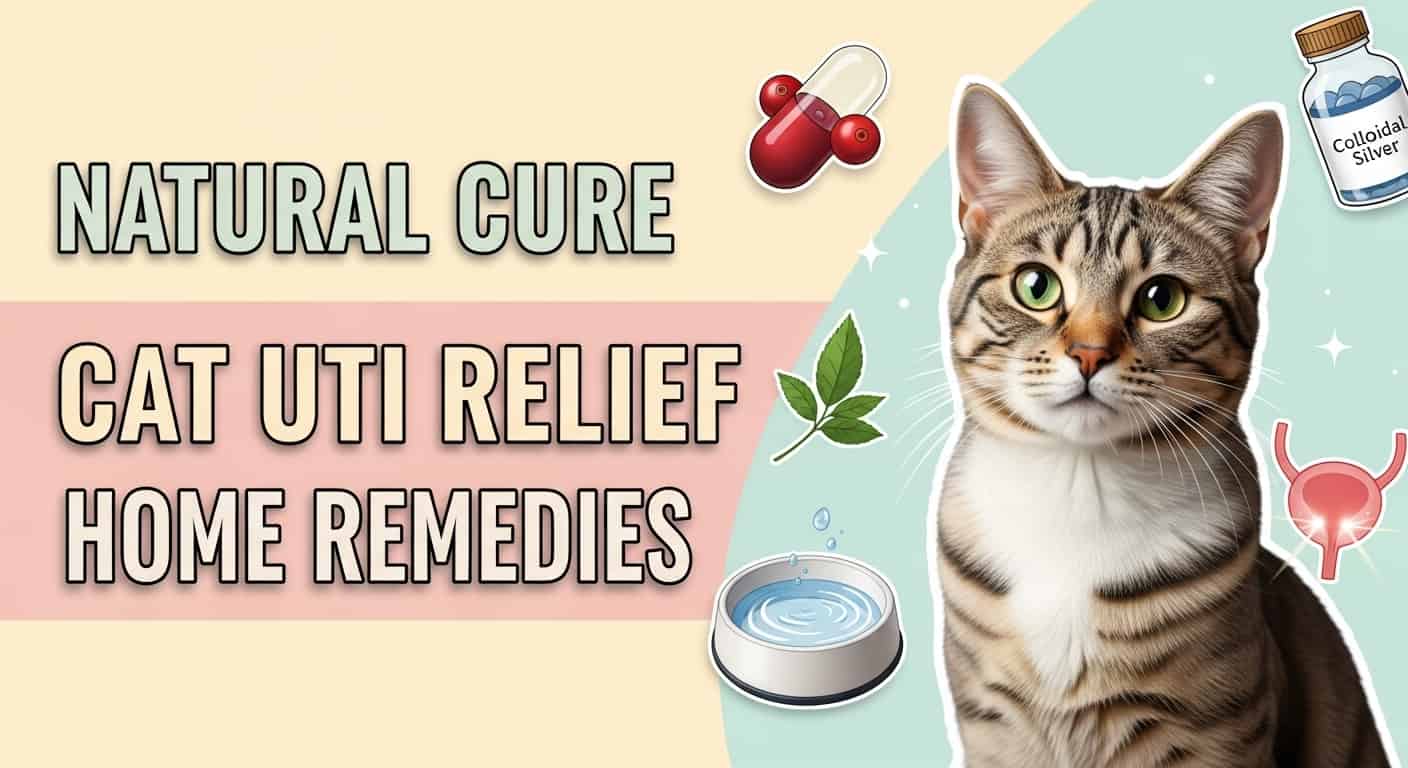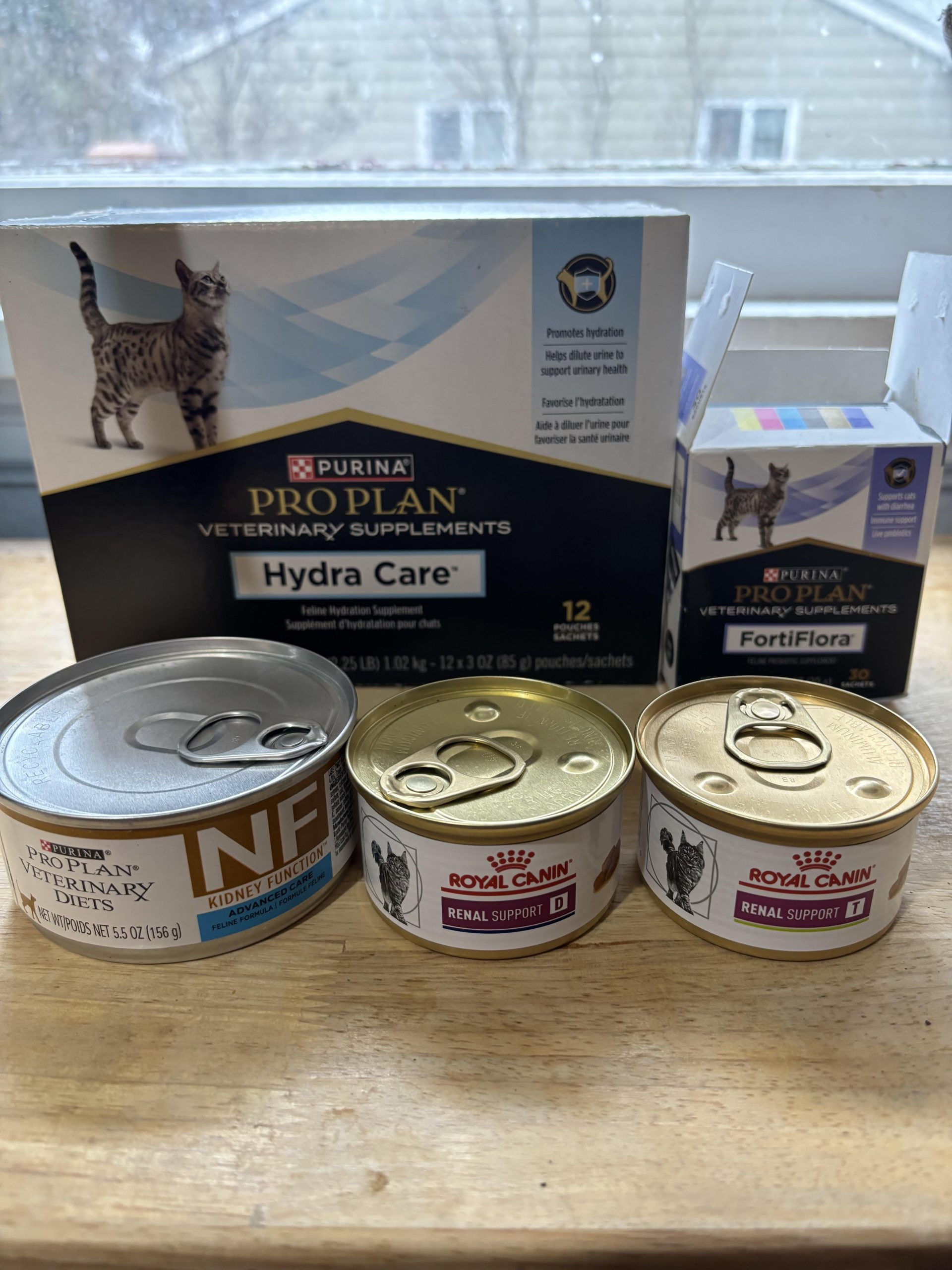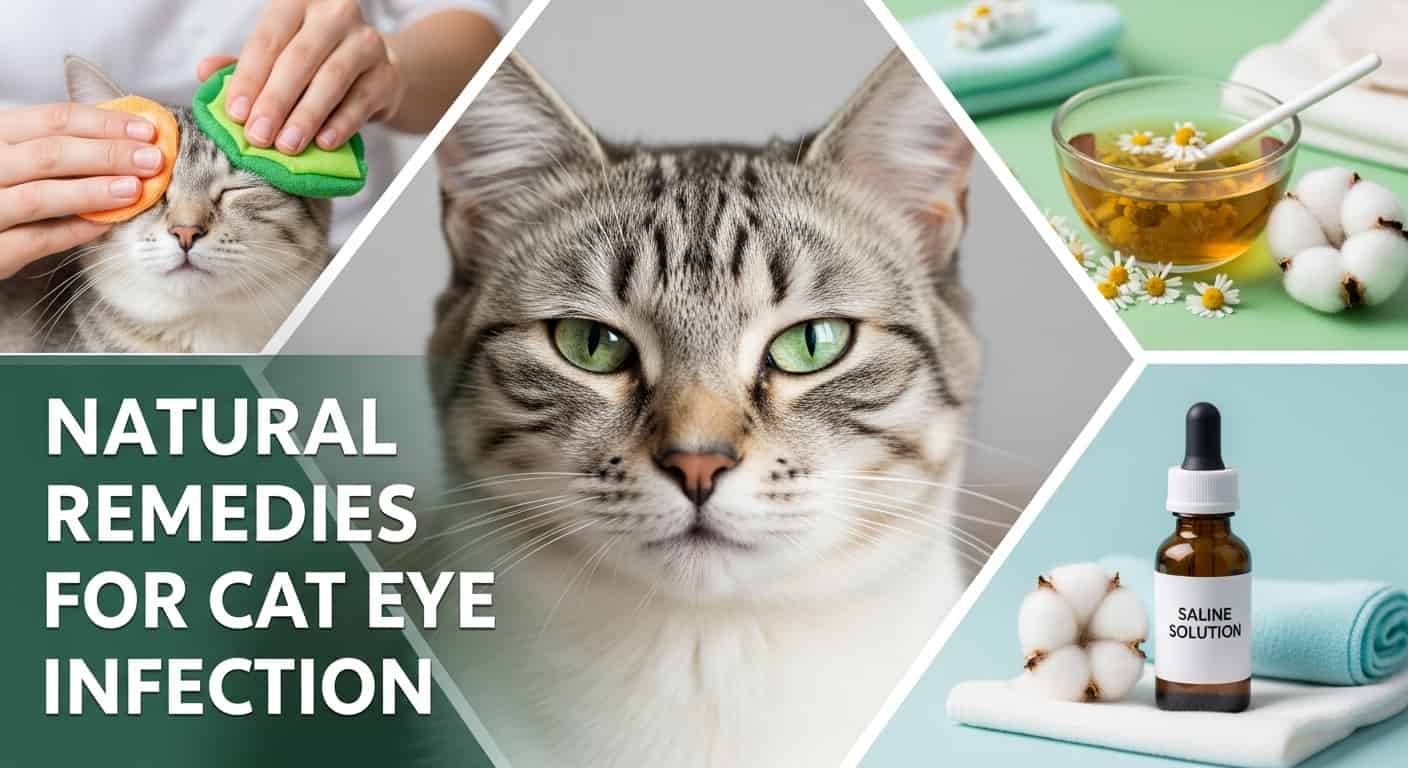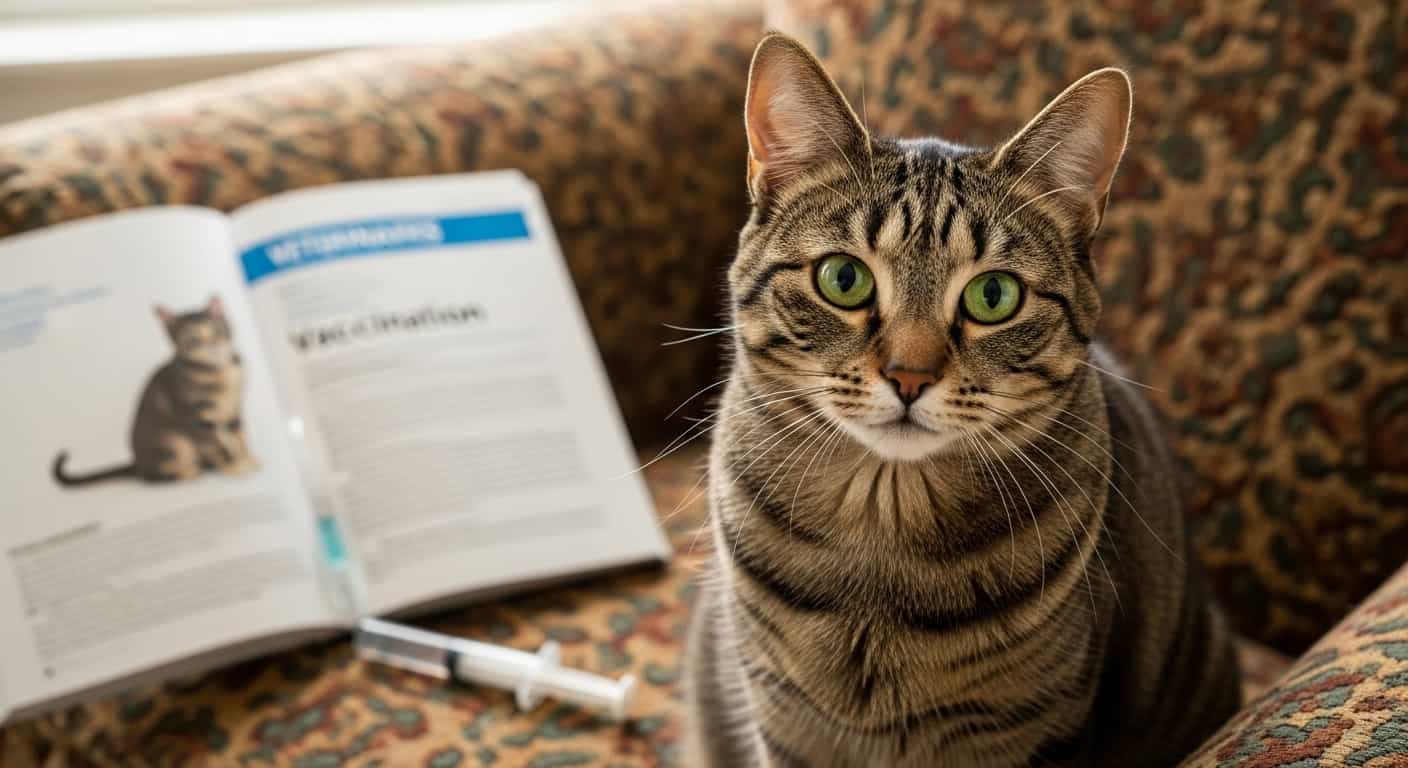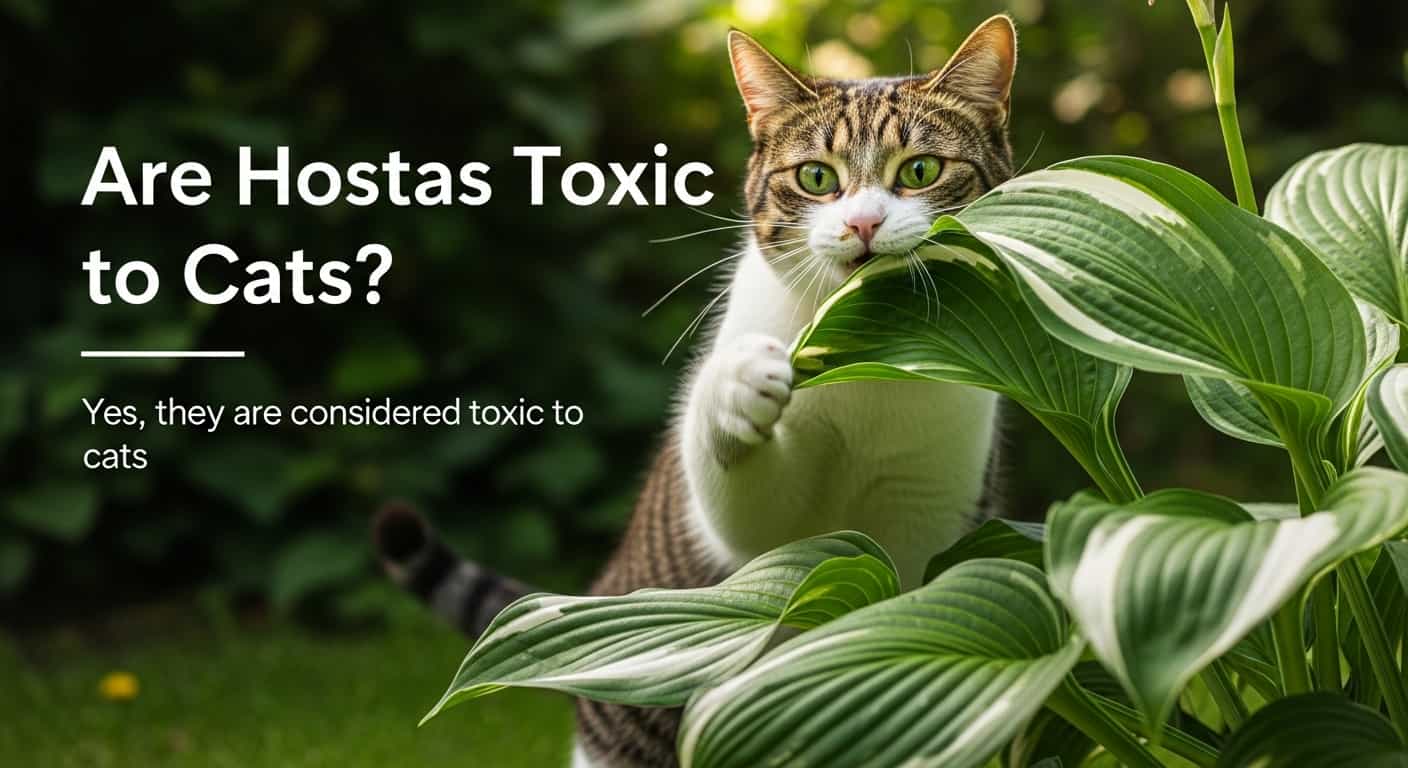Are you worried about your furry friend nibbling on your garden plants? As a cat owner, you know that curiosity is in their nature, often leading them to explore—and sometimes munch on—anything that catches their eye.
Table of Contents
ToggleLotus flowers, with their serene beauty, might be one of those tempting sights. But before you let your cat roam freely around these captivating blooms, you might wonder, are lotus flowers toxic to cats? Understanding the safety of your environment is crucial for your pet’s well-being.
Dive into this article to uncover the truth about lotus flowers and ensure your feline companion stays safe and healthy. Your peace of mind and your cat’s safety are just a scroll away.
Lotus Flower Characteristics
Lotus flowers are not toxic to cats, making them safe for households with pets. These beautiful blooms thrive in aquatic environments and symbolize purity. Their non-toxic nature ensures peace of mind for pet owners.
The lotus flower captivates with its beauty and symbolism. Its elegant appearance and rich cultural history make it special. Understanding its characteristics helps us appreciate its allure. Let’s explore the lotus flower’s physical attributes and cultural significance.Physical Attributes
The lotus flower is known for its stunning appearance. It has large, round leaves that float on water. The flowers bloom above the leaves, showcasing their beauty. They come in colors like pink, white, and yellow. Each petal is smooth and soft to touch. The center of the flower holds seeds in a unique pod. Lotus flowers can grow in muddy waters. They rise clean and beautiful, symbolizing purity.Cultural Significance
The lotus flower holds deep cultural meaning. In many cultures, it’s a symbol of purity and enlightenment. In Buddhism, it represents spiritual awakening. The flower’s journey from mud to bloom symbolizes personal growth. In Hinduism, it’s linked to creation and beauty. Ancient Egyptians saw it as a symbol of rebirth. The lotus appears in art, literature, and religious texts. Its significance transcends borders and time.
Credit: www.picturethisai.com
Here's a related post that you might find useful. Are Coneflowers Toxic to Cats: Essential Safety Guide
Lotus Flower Toxicity
The lotus flower, known for its beauty, is often admired in gardens. But pet owners worry about its effects on cats. Understanding lotus flower toxicity is crucial. It helps keep your feline friends safe.
Common Toxic Plants
Many common plants pose risks to cats. Lilies are toxic. They cause kidney failure. Azaleas can lead to vomiting. Even mild exposure to some plants can be harmful. Cats are curious. They might nibble on leaves. Knowing which plants are dangerous helps prevent accidents.
Lotus Flower Chemical Makeup
The lotus flower has unique chemicals. Its petals contain alkaloids. These compounds are generally mild. They don’t usually harm cats. But the seed pod has different chemicals. These can upset a cat’s stomach. It’s best to keep lotus flowers out of reach. Even mild exposure can make cats ill.
Effects On Cats
Lotus flowers are not toxic to cats. Curious felines may nibble on them, but there’s no harm. Despite their safe nature, always monitor your pet’s interactions with any plants.
Lotus flowers, with their vibrant colors and serene beauty, can be a tempting addition to your home or garden. However, if you’re a cat owner, you might wonder how safe these plants are for your feline friend. Understanding the effects of lotus flowers on cats is crucial, especially if your curious kitty has a tendency to nibble on plants.Symptoms Of Toxicity
When cats come into contact with lotus flowers, you might notice some symptoms of toxicity. These can range from mild to severe. Watch out for signs like drooling, vomiting, or diarrhea. Your cat may also exhibit lethargy, seeming unusually tired or uninterested in activities they normally enjoy. If you notice these symptoms, it’s essential to act quickly and consult your vet.Behavioral Changes
Beyond physical symptoms, you might observe behavioral changes in your cat if they have ingested lotus flowers. Cats are creatures of habit, so a sudden shift in behavior can be a red flag. Pay attention if your cat becomes unusually aggressive or withdrawn. They might avoid interactions or hide more often than usual. These changes can indicate distress or discomfort. It’s worth considering: how well do you know your cat’s habits and moods? Being in tune with their usual behavior can help you spot these subtle shifts early. Taking note of these symptoms and changes can be crucial in ensuring your cat’s health. Have you ever caught your cat munching on houseplants? What did you do? Share your experiences or tips in the comments below.
Credit: moderncat.com
Here's a related post that you might find useful. Are Nasturtiums Toxic to Cats: Unveiling the Truth
Veterinary Insights
When cats explore the world, curiosity often leads them to unusual plants. Lotus flowers are one of these fascinating plants. Pet owners often wonder about their safety. Are lotus flowers toxic to cats? Here’s what veterinarians have to say.
Expert Opinions
Veterinarians express mixed views on lotus flowers. Many experts agree that lotus flowers are generally non-toxic to cats. But cats can react differently. Some might experience mild discomfort. These reactions could be due to the plant’s parts or chemicals. It’s always best to monitor your cat’s behavior closely. If your cat shows unusual signs, contact a vet immediately.
Common Treatments
If a cat ingests part of a lotus flower, treatments are often simple. Vets usually recommend monitoring the cat first. If symptoms appear, like vomiting or diarrhea, supportive care might be needed. This can include hydration or bland food. In severe cases, further intervention might be required. Always consult a vet for the best advice. Early treatment ensures a quick recovery.
Safe Alternatives
Lotus flowers are non-toxic to cats, offering a safe alternative for pet-friendly gardens. Their delicate beauty complements any space without posing harm to curious feline friends. Choose lotus flowers for a worry-free and serene environment.
Non-toxic Plants
Many plants are safe for cats. Spider plants are easy to care for and safe. Boston ferns offer lush greenery and pose no threat. African violets provide vibrant colors and are non-toxic. Bamboo palms add an exotic touch without harm. These plants can decorate your home safely.Creating A Cat-friendly Environment
Ensure your home is a safe place for your cat. Keep dangerous plants out of reach. Use hanging pots or shelves for toxic plants. Create a play area with toys and scratching posts. Ensure your cat has a cozy bed. Safe spaces reduce stress and promote well-being. Cats feel happier in secure environments.
Credit: www.reddit.com
Preventive Measures
Preventing your cat from coming into contact with potentially toxic plants like the lotus flower is crucial for their safety. As a cat owner, you have the responsibility to ensure your feline friend roams safely in your home environment. Implementing preventive measures can save you from unwanted trips to the vet and keep your cat healthy.
Monitoring Plant Access
Do you know where your cat spends most of its time? It’s essential to monitor areas where your pet may access plants. Consider placing houseplants out of reach or using plant barriers to limit access.
For example, you might use tall plant stands or hanging baskets. Having a designated plant-free zone can also discourage your cat from exploring these potentially hazardous spots.
Regularly checking these areas helps ensure your cat isn’t tempted by plants, especially when you’re not around.
Educating Pet Owners
How well do you know your plants? Educating yourself about which plants are harmful to cats is vital. Many pet owners unknowingly keep dangerous plants at home.
Join online forums or groups where you can share experiences and learn from other pet owners. This community knowledge can be invaluable.
Reading about toxic plants and keeping a list handy can also serve as a quick reference. When you’re aware, you can make informed decisions about your home decor.
These preventive measures aren’t just about safeguarding your cat. They’re about creating a harmonious environment where both your plants and pets can coexist peacefully. Are you ready to make your home a safer place for your feline friend?
Frequently Asked Questions
Are Lotus Flowers Harmful To Cats?
Lotus flowers are generally non-toxic to cats. However, ingestion can cause mild stomach upset. Always monitor your cat for unusual behavior. If symptoms persist, consult a veterinarian. It’s best to keep all plants out of reach to prevent accidental ingestion.
Can Cats Safely Touch Lotus Flowers?
Cats can safely touch lotus flowers without harm. The plant is not known to cause skin irritation. However, monitor your cat for any unusual reactions. It’s always wise to keep plants away from curious paws to avoid potential risks.
What Symptoms Indicate Lotus Flower Ingestion In Cats?
Symptoms of ingestion may include mild stomach upset, vomiting, or diarrhea. If you notice any of these signs, consult a vet. While lotus flowers are non-toxic, it’s important to observe your cat’s health closely.
How To Prevent Cats From Eating Lotus Flowers?
To prevent ingestion, place lotus flowers out of your cat’s reach. Use plant stands or hanging pots. Consider cat-friendly plants that are safe if nibbled. Regularly supervise your cat around plants to ensure their safety.
Conclusion
Lotus flowers are safe for cats. They pose no toxic threat. This makes them a good choice for homes with cats. Still, watch your cat’s behavior around plants. Cats may chew on leaves or petals. This can cause stomach upset.
Always monitor your cat’s health. Reach out to a vet if your cat feels unwell. Keeping a pet-friendly home is key. Ensure all plants are non-toxic. This keeps your furry friend safe and happy. Choose plants wisely. Your cat will thank you.

